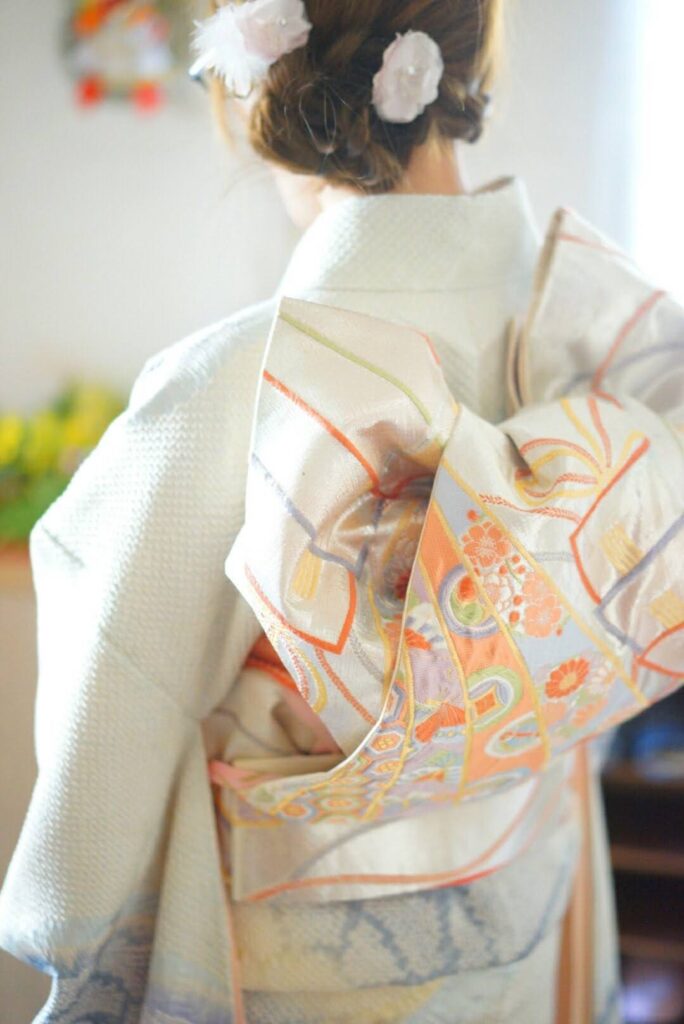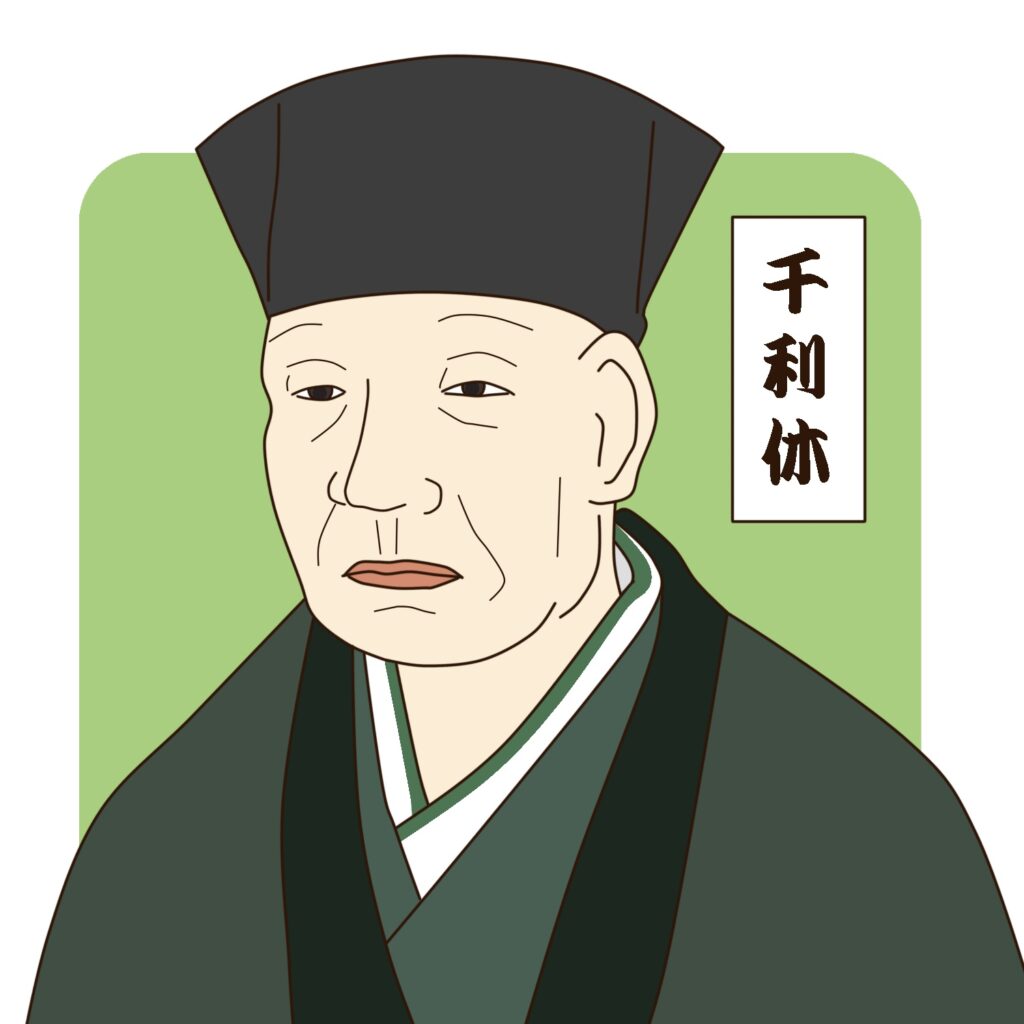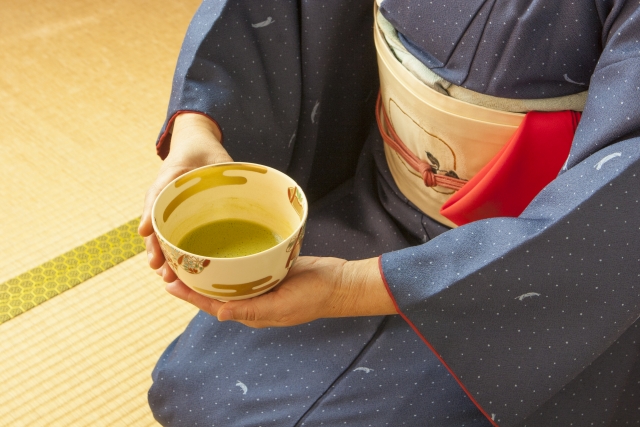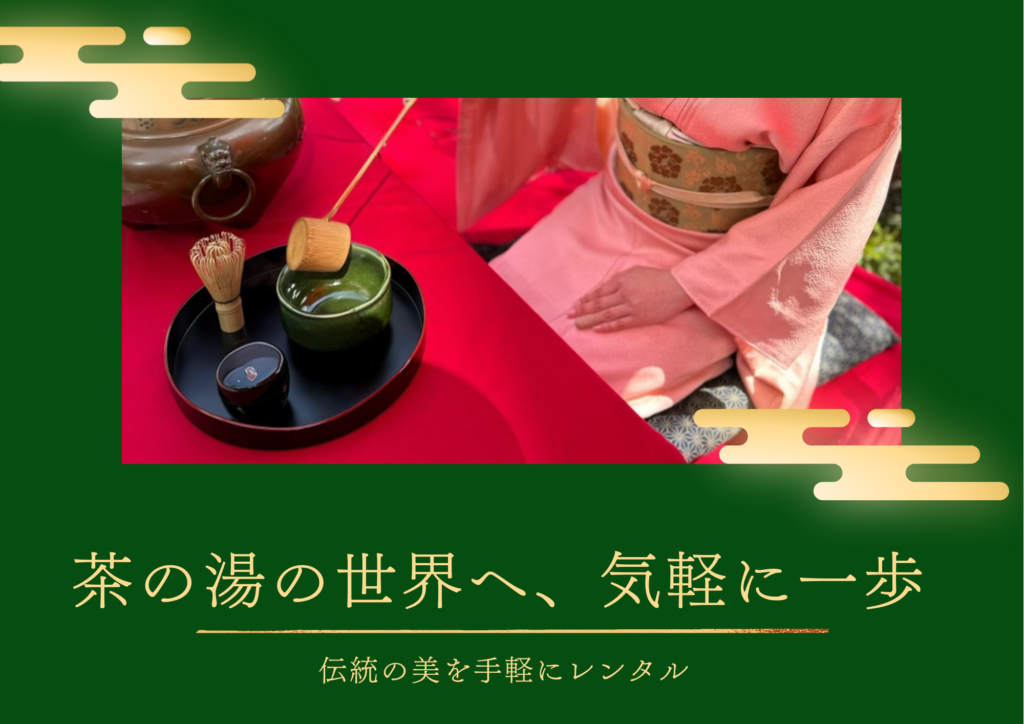Have you ever wondered about Japanese tea ceremony but felt intimidated by its formality? You’re not alone. While this centuries-old practice might seem shrouded in mystery and strict rules, at its heart lies something beautifully simple: the act of serving tea with a pure heart. Let’s explore how this ancient art can enrich our modern lives, one cup at a time.
Dispelling Common Myths About Tea Ceremony
“I once thought tea ceremony was all about rigid rules and perfect movements,” shares Dr. Genshitsu Sen, the 15th-generation Grand Master of the Urasenke tea school. “But my grandfather taught me that the true essence of tea ceremony is about sincerity and the heart of hospitality.” This wisdom challenges the common misconception that tea ceremony is an unapproachable, strict practice reserved for the elite.
The reality is far more welcoming. Tea ceremony, or chanoyu, was designed to create moments of peace and connection in our lives. Many of its principles can be adapted to fit modern lifestyles while maintaining their profound meaning.
Simple Ways to Bring Tea Ceremony into Your Daily Life
Morning Mindfulness
Start your day with a mindful tea moment:
- Choose a special tea bowl that brings you joy
- Take three deep breaths before preparing your tea
- Focus on each step of the preparation process
- Observe the color and aroma before taking your first sip
Creating Your Tea Space
You don’t need a formal tea room to practice tea ceremony principles:
- Designate a quiet corner in your home
- Add a small plant or seasonal element
- Keep your tea implements clean and ready
- Use a simple tray to create a defined space
The Heart of Tea Ceremony: More Than Just Drinking Tea
The phrase “ichi-go ichi-e” (一期一会) is central to tea ceremony, meaning “one time, one meeting.” It reminds us that each moment is unique and will never happen again. This concept can transform even simple daily activities:
- Appreciate the unique qualities of each tea session
- Practice being fully present with your guests
- Find beauty in imperfection and simplicity
- Express gratitude for shared moments
Practical Tips for Beginners
Starting your tea journey doesn’t require extensive training or expensive equipment:
Essential Tools for Beginners:
- A basic tea bowl (chawan)
- A bamboo whisk (chasen)
- A tea scoop (chashaku)
- High-quality matcha powder
Simple Starting Ritual:
- Clean your space and tools
- Heat water to just below boiling
- Place 2 scoops of matcha in your bowl
- Add a small amount of water
- Whisk in a “W” motion until frothy
- Add more water to taste
- Take a moment to observe before drinking
Modern Applications of Tea Ceremony Wisdom
Today’s tea practitioners are finding innovative ways to apply tea ceremony principles in contemporary settings:
For Stress Relief:
- Use tea preparation as a mindfulness break
- Focus on careful, deliberate movements
- Practice deep breathing between sips
For Better Relationships:
- Host simple tea gatherings for friends
- Practice active listening during tea sessions
- Share moments of peaceful silence
The Transformative Power of Tea Practice
Ms. Soyu Yamada, a contemporary tea master in Tokyo, notes: “Tea ceremony teaches us to find extraordinary beauty in ordinary moments. Whether you’re a CEO or a student, these principles can transform your daily life.”
Consider starting with just five minutes of mindful tea preparation each day. As you become comfortable with the basics, you might find yourself naturally incorporating more elements of traditional tea ceremony into your practice.
Getting Started: Next Steps
If you’re interested in exploring tea ceremony further:
- Look for local tea ceremony groups or cultural centers
- Start with informal practice at home
- Read books about tea ceremony philosophy
- Watch online demonstrations from respected masters
Remember, the goal isn’t perfection but rather creating moments of peace and connection in your daily life. As Sen no Rikyū, the great tea master, said: “Tea is nothing more than boiling water, making tea, and drinking it.” The beauty lies in how we approach these simple actions.
Conclusion
Tea ceremony offers a unique bridge between ancient wisdom and modern life. By starting with small, mindful steps, anyone can begin to experience the profound benefits of this practice. Whether you’re seeking stress relief, cultural understanding, or simply a more mindful way to enjoy tea, the principles of tea ceremony offer valuable guidance for contemporary life.
Remember: The most important element isn’t the formal rules or perfect movements, but rather the sincere heart with which you prepare and share tea. Start your journey today, one peaceful cup at a time.





